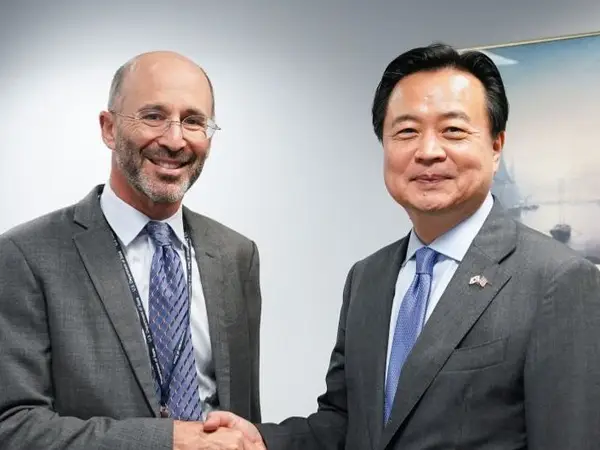Iran’s foreign ministry said Sunday that with, or without a nuclear deal Tehran is ready for a “prisoner exchange”, pending Washington’s agreement.
The spokesman of the ministry Nasser Kanaani told reporters in Tehran that agreements have been worked out between the sides “and now it is the decision of America whether this deal is implemented or not.” He was responding to a question whether the prisoner exchange scheme has been delayed because nuclear talks with the United States are stalled.
Kanaani did not give details of the prisoner exchange agreement he referred to.
Although both Iran and the United States have claimed that a prisoner exchange deal is not directly tied to the revival of the 2015 nuclear accord, the JCPOA, but indications are that the two issues are intricately connected.
In August, Iran International reported that Tehran’s chief nuclear negotiator, Ali Bagheri-Kani had given an off-the-record briefing to local reporters in Tehran about the outlines of a nuclear agreement drafted after 17 months of negotiations in Vienna.
He reportedly said that when a nuclear agreement is signed, and its implementation period begins Iran will release all US prisoners (hostages) once $7 billion worth of its assets frozen in South Korea are released. In fact, the issue of the $7 billion held by two South Korean banks due to US sanctions on Tehran, has been tied to the issue of hostages at least since last December.
Bagheri in his briefing also told reporters that Iran and the US had earlier agreed on this, but Washington reneged on its promise, assuming that the money will give Iran financial breathing room to raise new demands in the nuclear talks.
This does not sound too much off the mark, since US officials have been in frequent talks with South Korean diplomats since 2021, when the fate of the nuclear talks were still uncertain.
In early January, Choi Jong-kun, first vice foreign minister of South Korea visited the venue of the nuclear talks in Vienna and held meetings with various delegations in what was an attempt to untie knots in the talks. Seoul has no involvement in the nuclear dispute, except the $7 billion of Iranian money it holds. Other countries also have frozen Iranian funds.
South Korea’s First Vice Foreign Minister Cho Hyundong visited Washington on Friday and met with top State Department officials, including US Special Envoy for Iran Rob Malley. The US envoy tweeted, “We thank the Republic of Korea for their close partnership, including their efforts to help ensure the return of our wrongfully detained citizens in Iran and to reach a deal on JCPOA.”
It is not clear if the visit of the high-ranking Korean diplomat was mainly related to the Iran issue or the meeting with Malley was just one part of his visit, while other international issues such as tensions with China and the war in Ukraine were the main points of agenda for his visit.
The Biden Administration is under pressure to arrange the release of six American citizens and permanent residents held by Iran as of July. In addition there around 20 Western European citizens and residents also taken hostage since the JCPOA was signed in 2015.
But given widespread criticism of the administration’s policy to lift sanctions in order to restore some limits to Iran’s nuclear program, a hostage deal giving Iran $7 billion before a nuclear agreement would be politically costly for the Biden White House.
